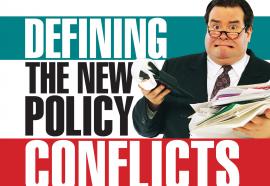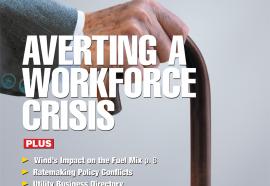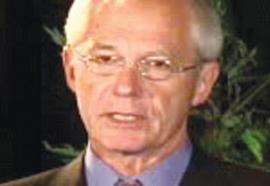NERC's Reliability Standards: The Good, the Bad, and the Fill-in-the-Blanks
How to prepare for mandatory enforcement.
FERC staff’s Preliminary Assessment of NERC’s proposed reliability standards identified a number of potential deficiencies, many of which NERC plans to address. What adjustments must be made by users, owners, and operators of the bulk power system in the new era of mandatory compliance?








